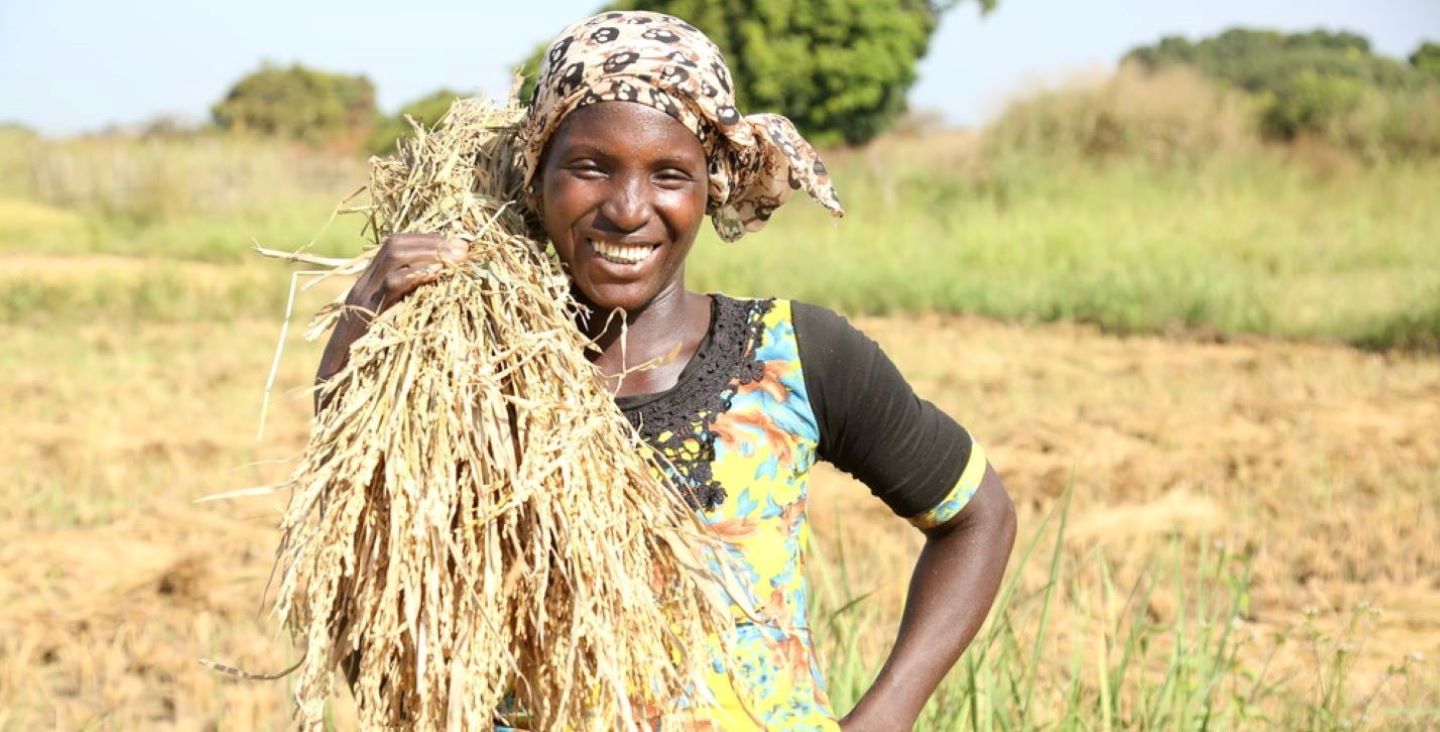IFAD a key player in U.S. Treasury Department’s Action Plan to address rising food insecurity
IFAD Asset Request Portlet
Asset Publisher
IFAD a key player in U.S. Treasury Department’s Action Plan to address rising food insecurity
Estimated reading time: 3 minutes
The war in Ukraine is the latest in a string of global shocks—conflict, climate change, and COVID-19—that are exacerbating already fragile food security. As commodity prices and uncertainty skyrocket, the nutrition, livelihoods, and lives of the poorest people in developing countries are most at risk.
International Financial Institutions (IFIs) play a crucial role in responding to shocks at scale. They contribute financing, technical assistance, knowledge, and engage with policymakers to address rising food insecurity. Recognizing the essential role of IFIs in times of crises, the U.S. Department of the Treasury has released an IFI Action Plan to Address Food Insecurity.
Developed in partnership with IFAD, the Asian Development Bank, the African Development Bank, the European Bank for Reconstruction and Development, the Inter-American Development Bank, the International Monetary Fund, and the World Bank Group, the plan sets out how IFIs are scaling their work on food security and agriculture in response to this latest shock and in line with their comparative advantages.
Activities include leveraging, re-purposing, and scaling up existing tools and programmes to provide a targeted response, as well as launching new initiatives where suitable and necessary.
The IFIs will coordinate their efforts around six priority goals:
- Supporting vulnerable people to meet their immediate needs.
- Promoting open trade and ramping up financing to facilitate the purchase of food and agricultural inputs.
- Mitigating fertilizer shortages by expanding fertilizer production and access, increasing its efficient use, and innovating for cleaner fertilizer.
- Supporting food production now by providing finance for seeds and fertilizer to increase productivity this upcoming planting season and mitigate food shortages next year.
- Investing in climate-resilient agriculture to boost food production and resilience in the longer-term.
- Coordinating for maximum impact.
Over the next three years, IFAD will invest $3.5 billion in 77 countries to build the resilience of the world’s poorest and most vulnerable rural people. Its new Crisis Response Initiative (CRI) aims to address short-term food security needs in 22 countries, primarily in Africa. The focus includes actions to ensure that farmers and micro, small, and medium-sized rural businesses have access to resources to produce food (fertilizer, seeds, veterinary products and fuel); short-term finance for immediate needs such as buying inputs; vital small-scale infrastructure (storage facilities, irrigation, etc.); and market-related information, especially through digital access.
IFAD is also engaging with other initiatives to scale up its impact, including the sustainability component of the Food and Agriculture Resilience Mission (FARM), promoted by the French presidency of the European Union and the AU President to build small-scale farmers’ long-term resilience to shocks.
Similarly, IFAD welcomes the German G7 Presidency’s establishment of a Global Alliance for Food Security. This alliance will catalyze and coordinate the G7, donors, and international organisations in their response to the food security crisis. IFAD will support the Global Crisis Response Group by informing decisions for swift and concrete action, sharing information on food and agriculture financing, and generating knowledge.
In addition to the CRI and supporting partners’ initiatives, IFAD will leverage its Private Sector Financing Programme (PSFP) to promote food security during crises. The PSFP invests in small rural producers in order to foster inclusive and sustainable food system transformation. It focuses on youth job creation, female economic empowerment, and climate.
Through coordinated action, IFAD and other IFIs can help the poorest and most marginalised people weather this new crisis, while using this opportunity to build resilience to future shocks and transform sustainable agri-food systems.
Publication date: 19 May 2022